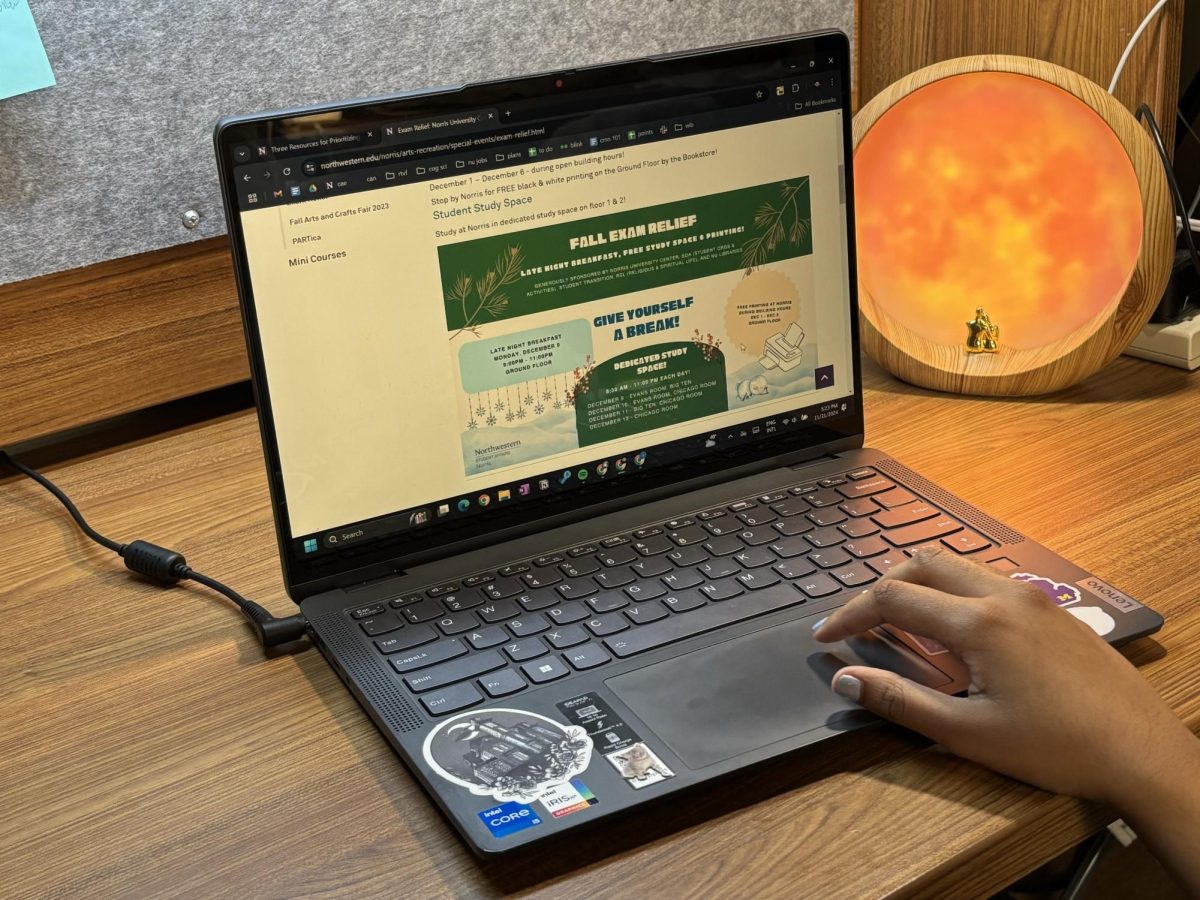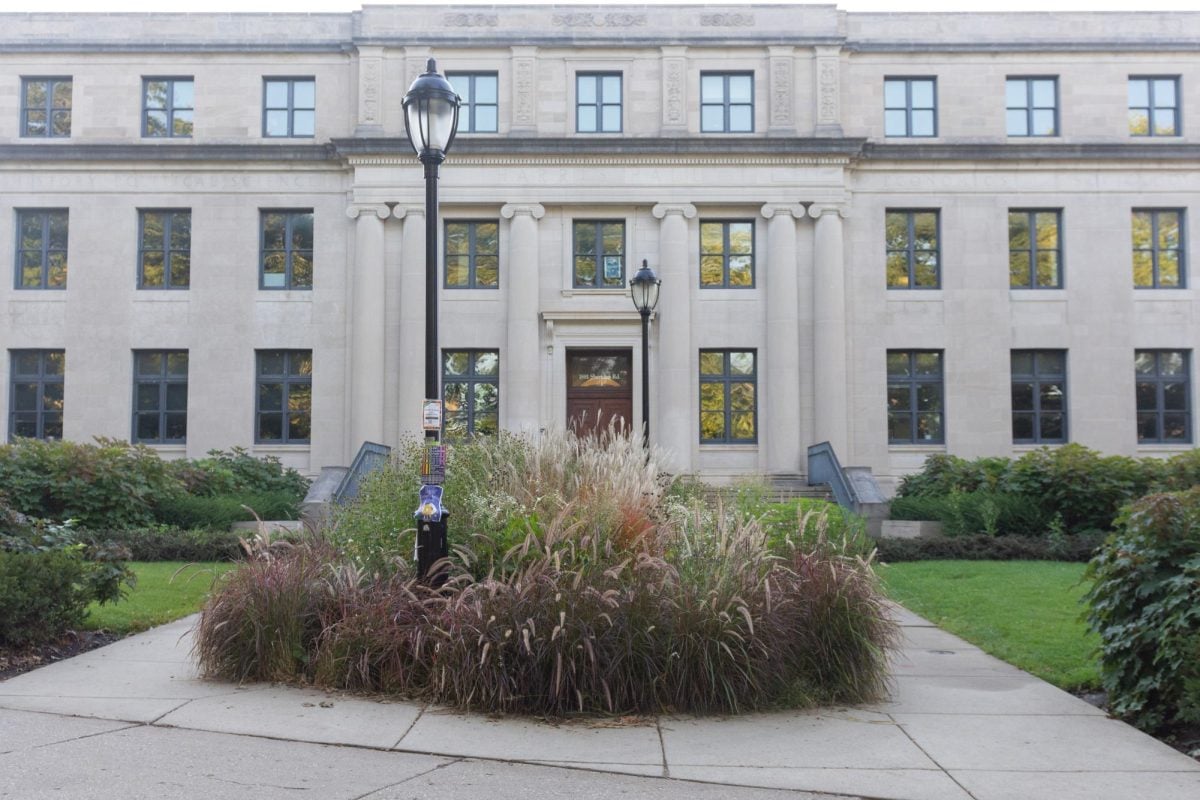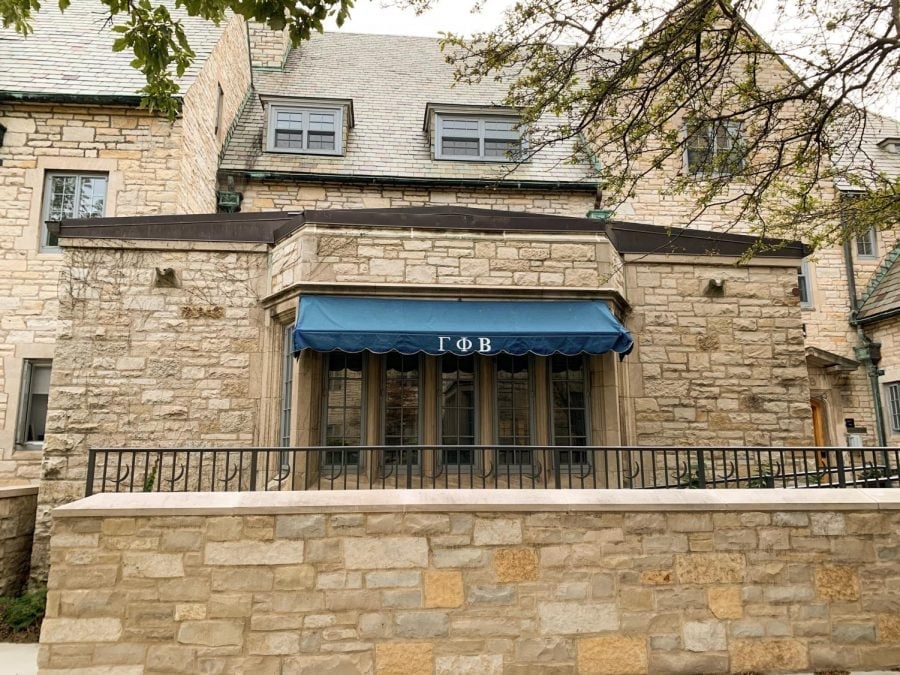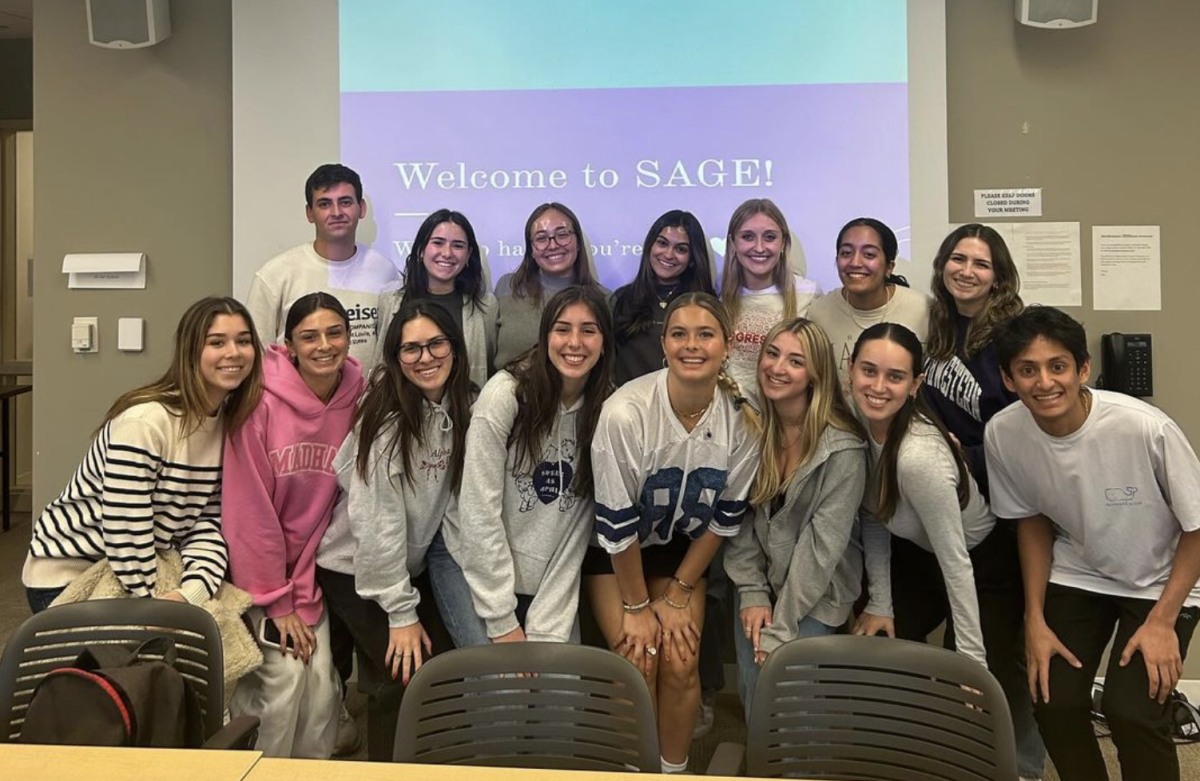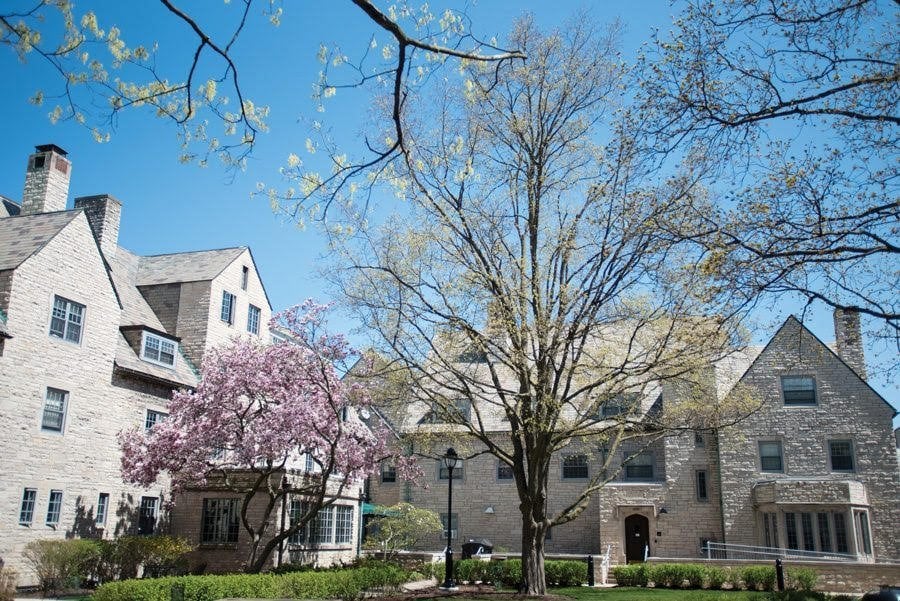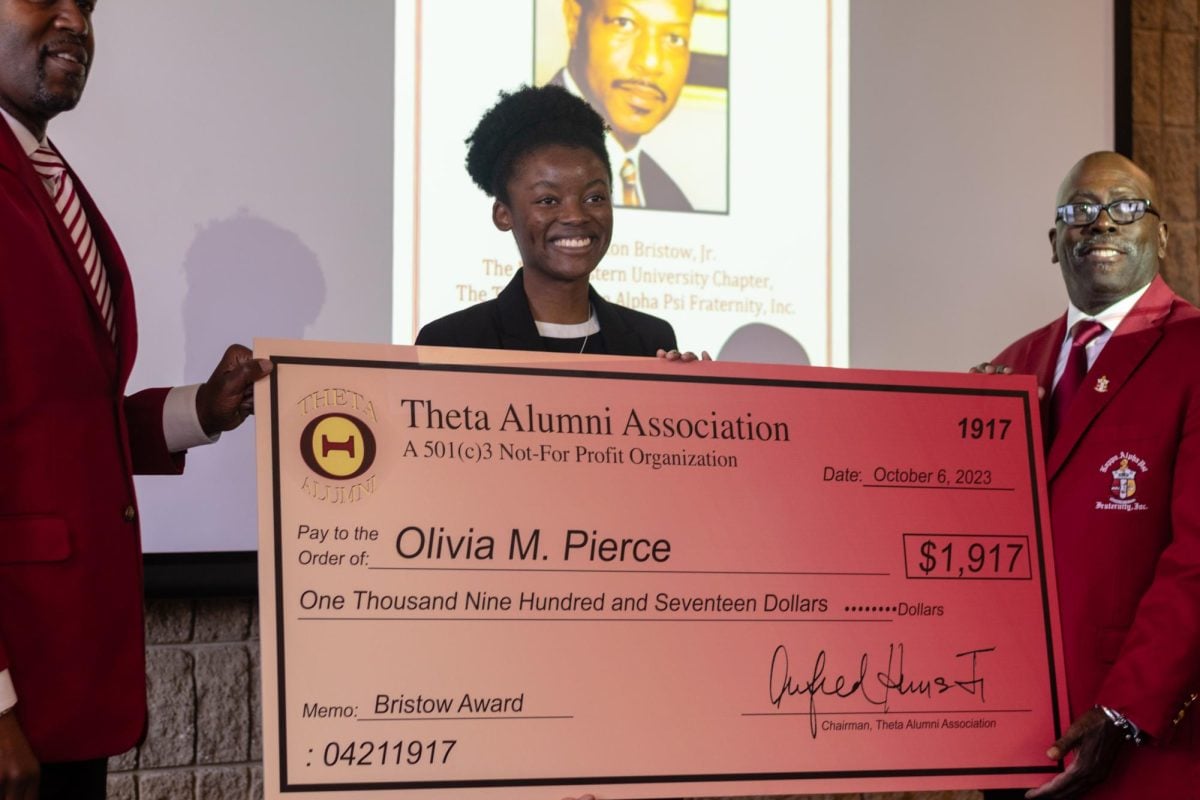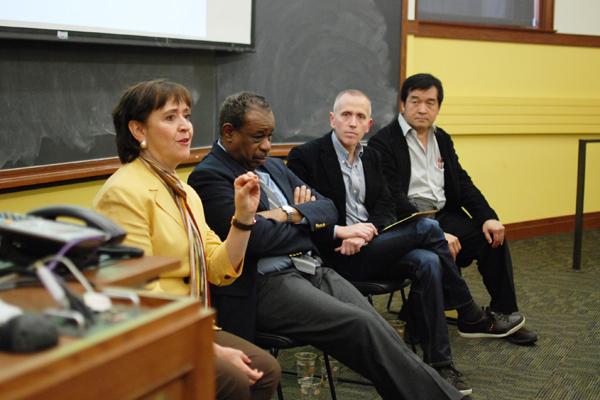
Top representatives from Student Affairs and Counseling and Psychological Services spoke Sunday afternoon about the stigmas generated through race, sexuality and culture that prevent students from seeking mental health care.
Patricia Telles-Irvin, vice president for student affairs, joined CAPS officials including executive director John Dunkle at a panel discussion titled “You Crazy!: Social Stigmas and Mental Health.” The event, presented by Zeta Phi Beta Sorority, Inc. in Harris Hall, kicked off Northwestern’s first annual mental health series sponsored by Multicultural Student Affairs, ARTica Studios, CAPS, Associated Student Government and Panhellenic Association.
“Mental health issues are taboo in the African-American community,” said Becca Abara, second vice president of Zeta Beta Phi. “You can enter into almost every community and find some kind of stigma on mental health, so we thought it would be a good idea to gather a group of professionals so that this could be a place for people to ask questions that they wouldn’t necessarily feel comfortable asking in a more traditional forum.”
About 20 students attended the talk, which highlighted the speakers’ unique backgrounds and experiences with stigmas surrounding mental health among minority groups, including the LGBT, black, Latino and Asian communities.
“The issue I have here at Northwestern is that we send a lot of mixed messages,” Telles-Irvin said. “We tell you that you are the most talented class who have the most exceptional grades, and we create a culture where a student can’t really stop and say, ‘I need help.'”
Telles-Irvin discussed how mental health care is most successful when it takes into consideration each individual’s background and culture. Telles-Irvin compared generalizing about all members of the Latino community to mental health professionals assuming the same practices work for all people seeking therapy.
Henry J. Perkins, coordinator of CAPS’ Stress Management Clinic, described how systemic issues that block blacks’ access to quality treatment relate to their tendency to take care of their own and avoid acknowledging vulnerabilities. He talked about the similarities between this reality and perfectionism within the NU community, pointing out how not wanting to be seen as weak or not up to the challenge takes a toll and leads students to wait until a problem is critical before seeking help.
“My idea of addressing stigma is more re-framing it as resilience,” Perkins said. “We all have the ability to absorb life’s hard knocks and bounce back, but given individual differences and experiences, it may be difficult at times, and we can all benefit from learning tools to take life’s slings and arrows and get back on course.”
Abara, a SESP junior, said Telles-Irvin’s and the CAPS officials’ attendance showed the University recognizes the mental health issues its students face.
“Having members of CAPS come in and speak on their experience and how they want to help us, not just because it’s their job but because of the experiences they have had, really shows that there is help out there, even as high up as the Department of Student Affairs,” Abara said.









